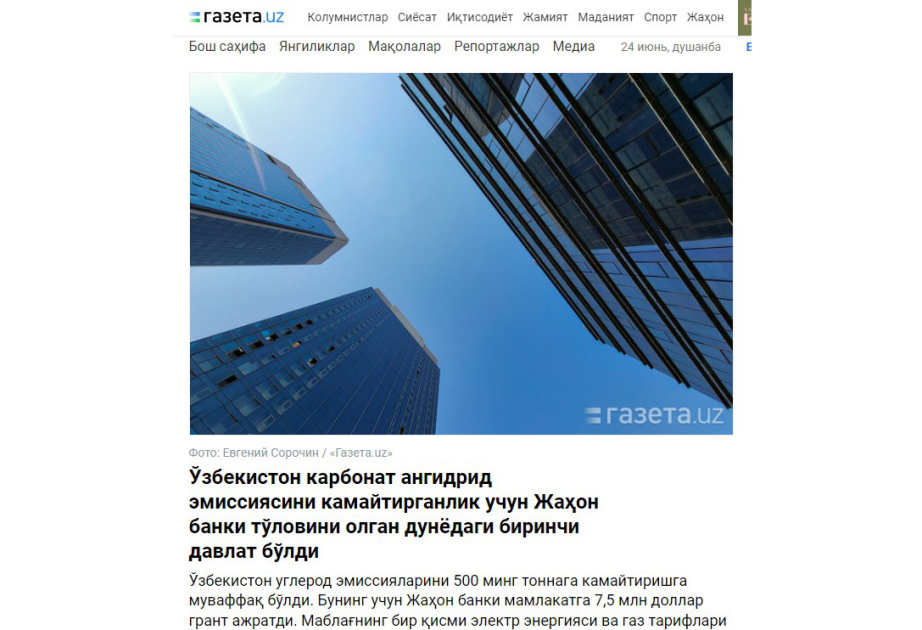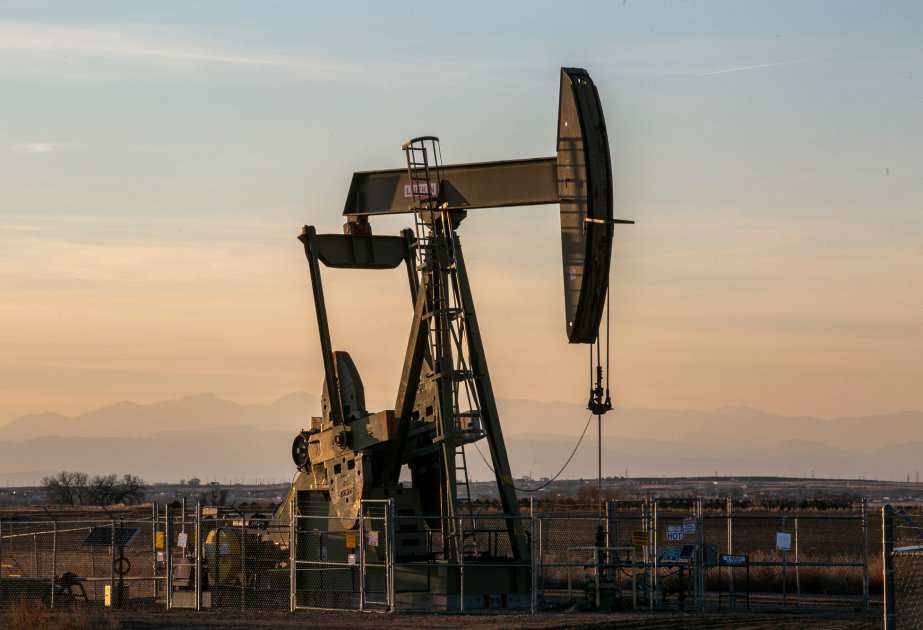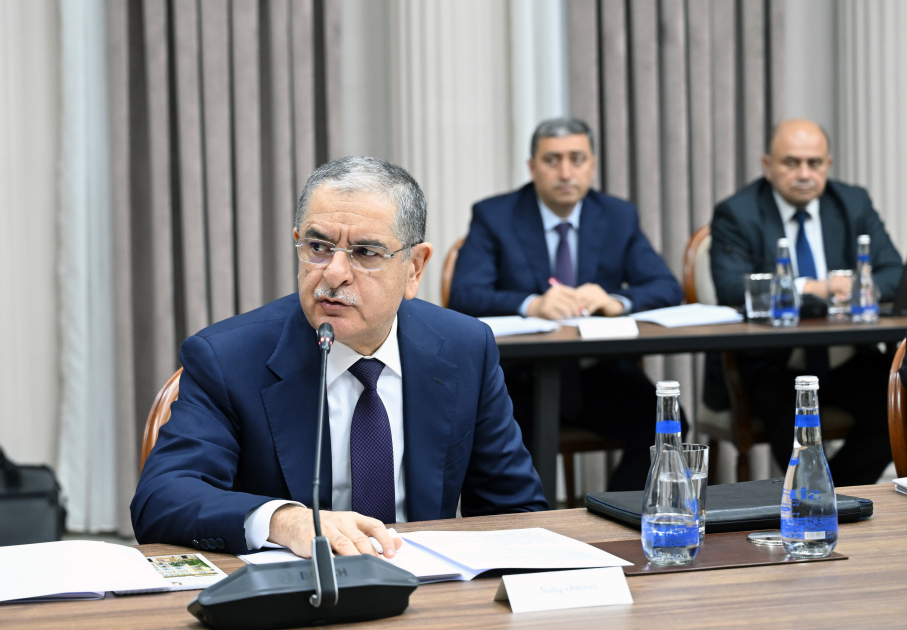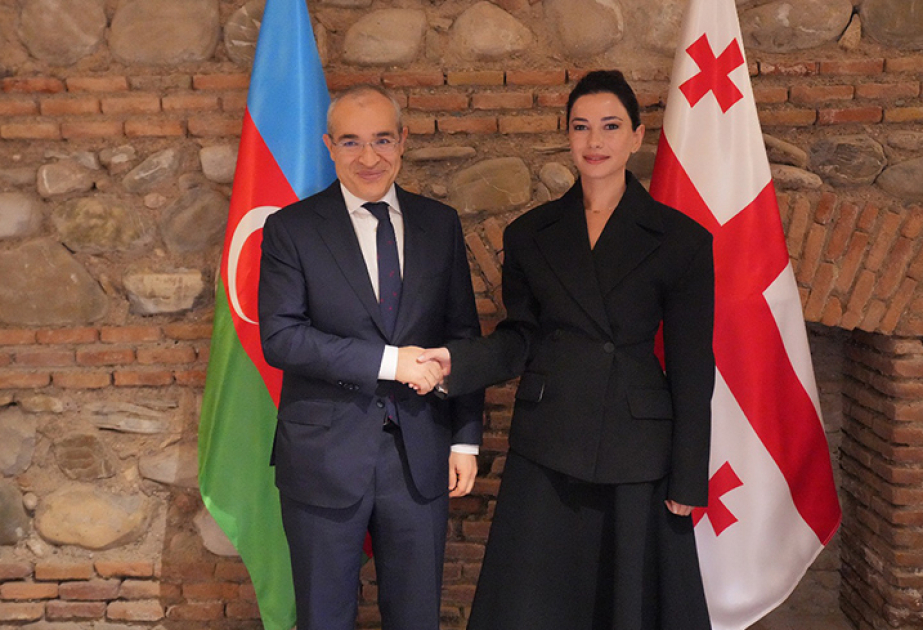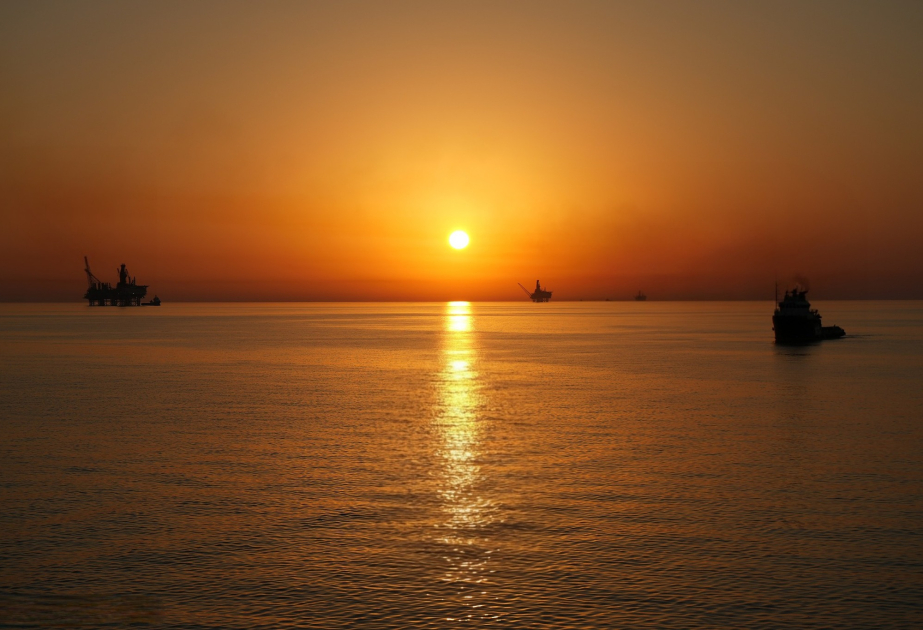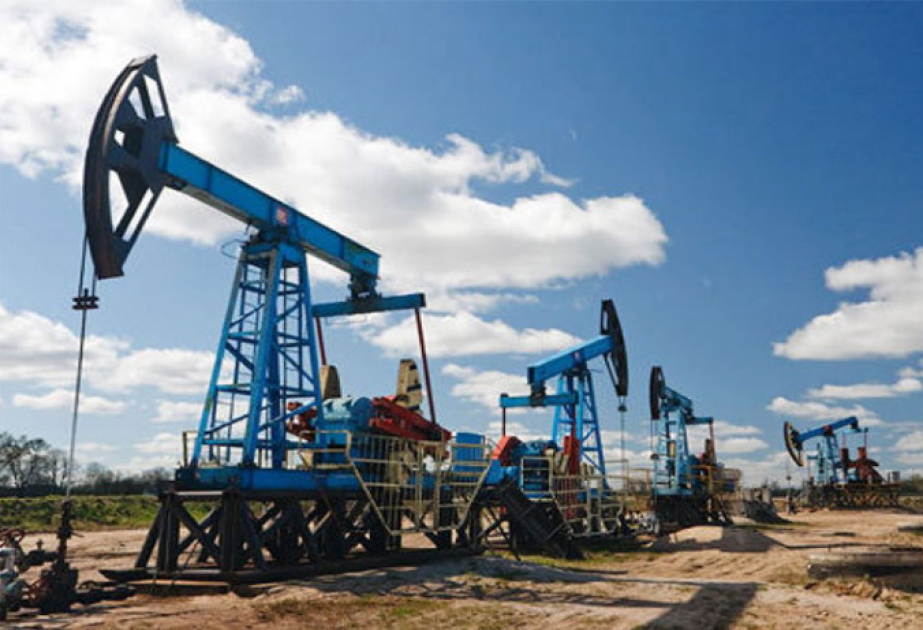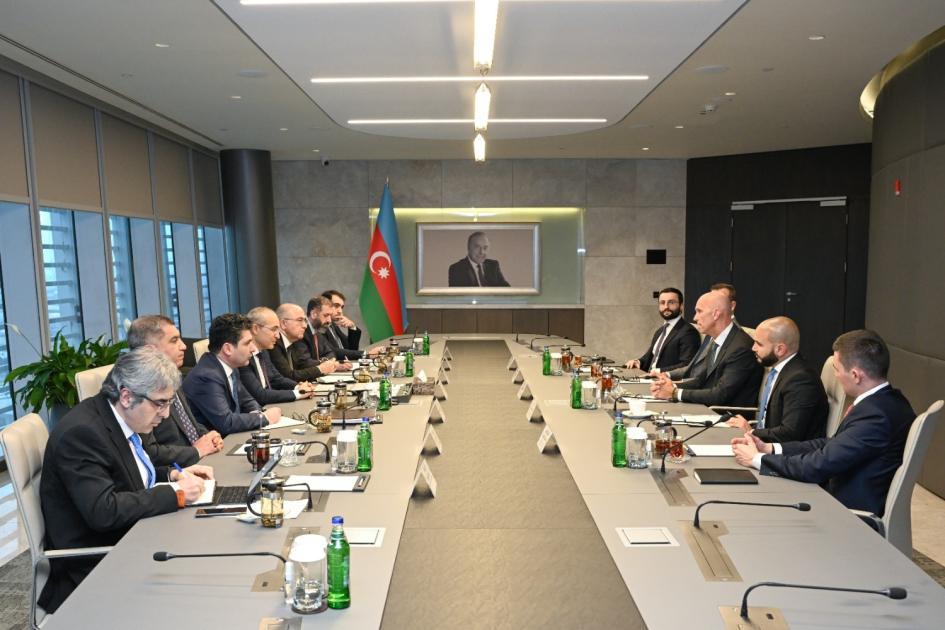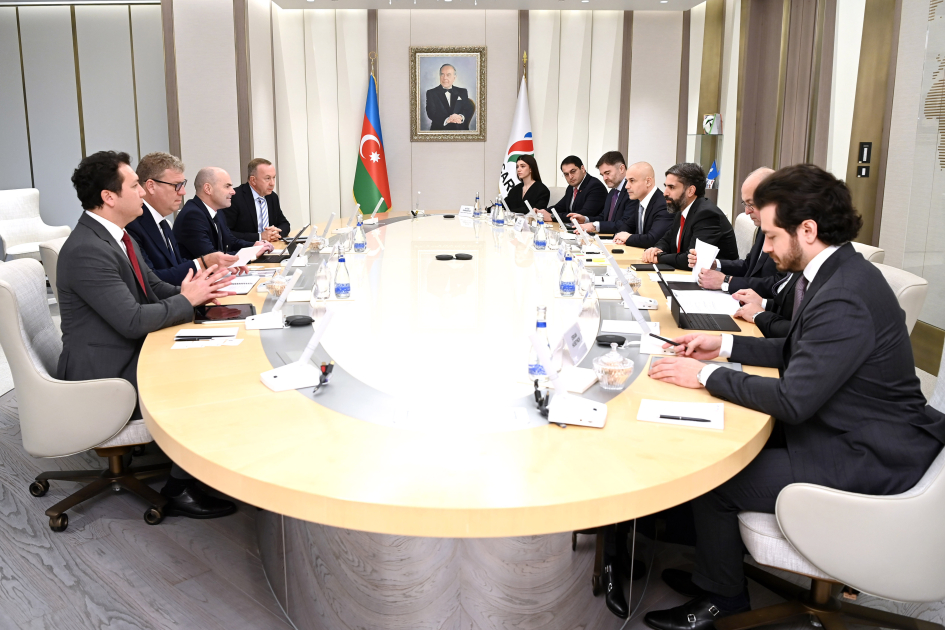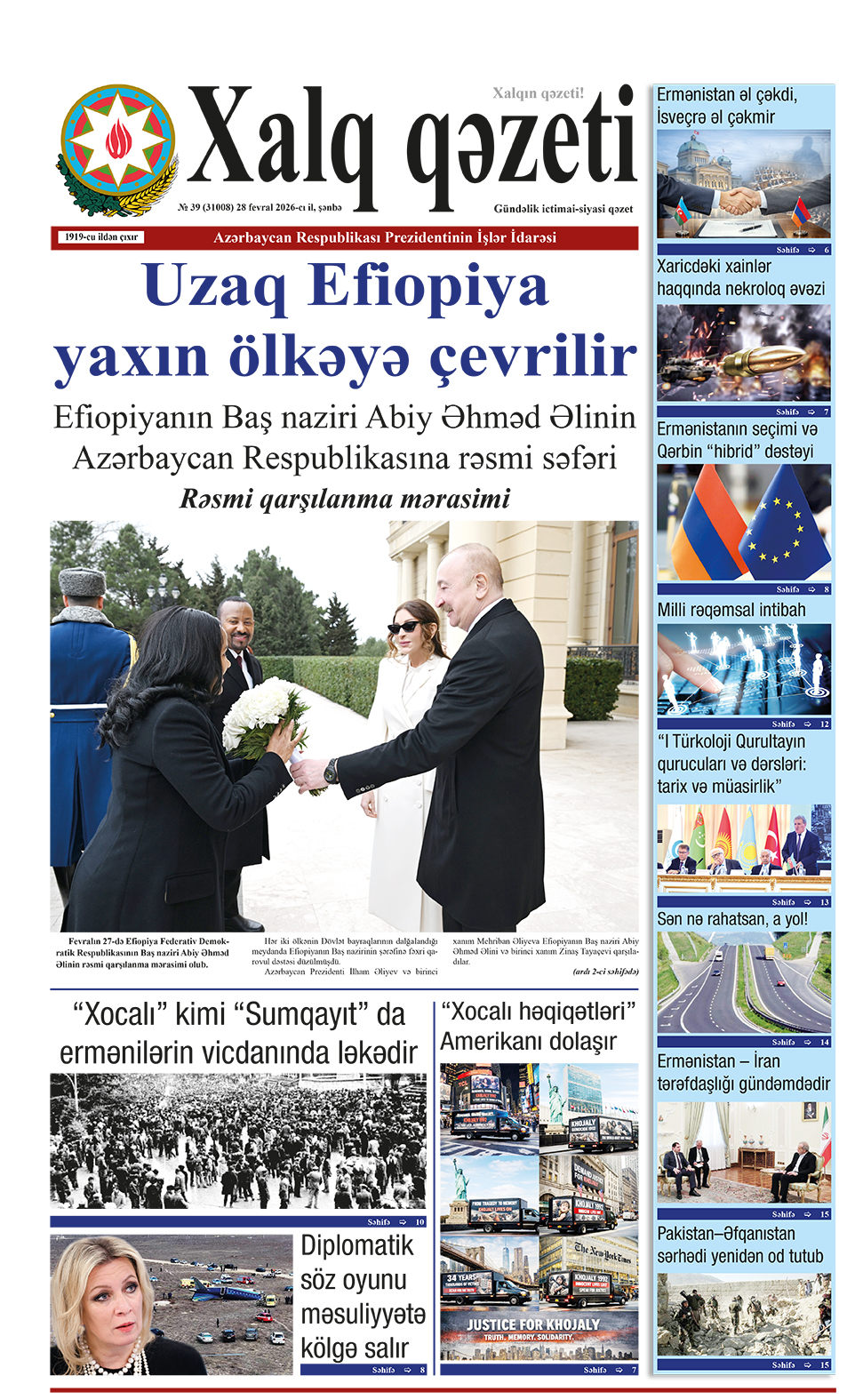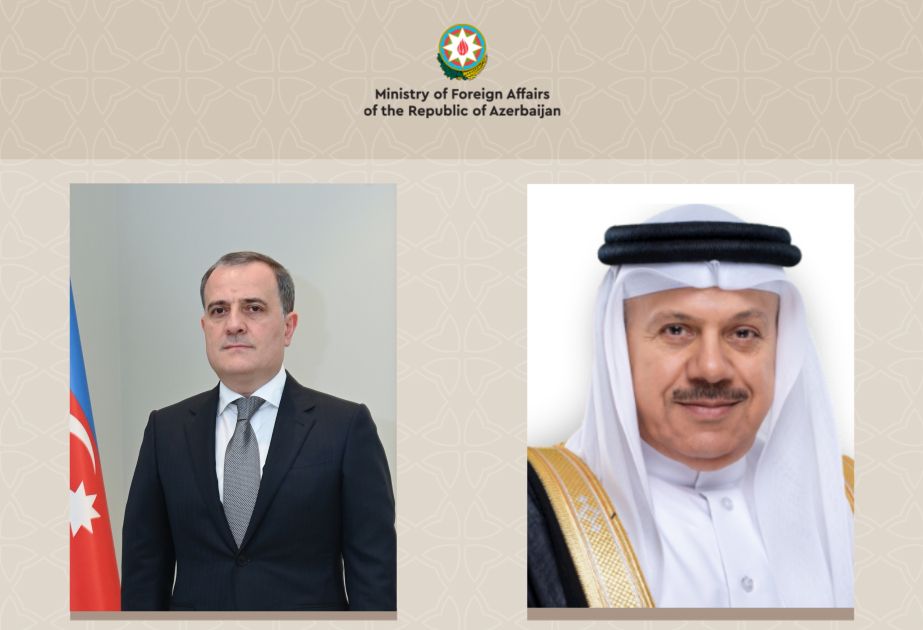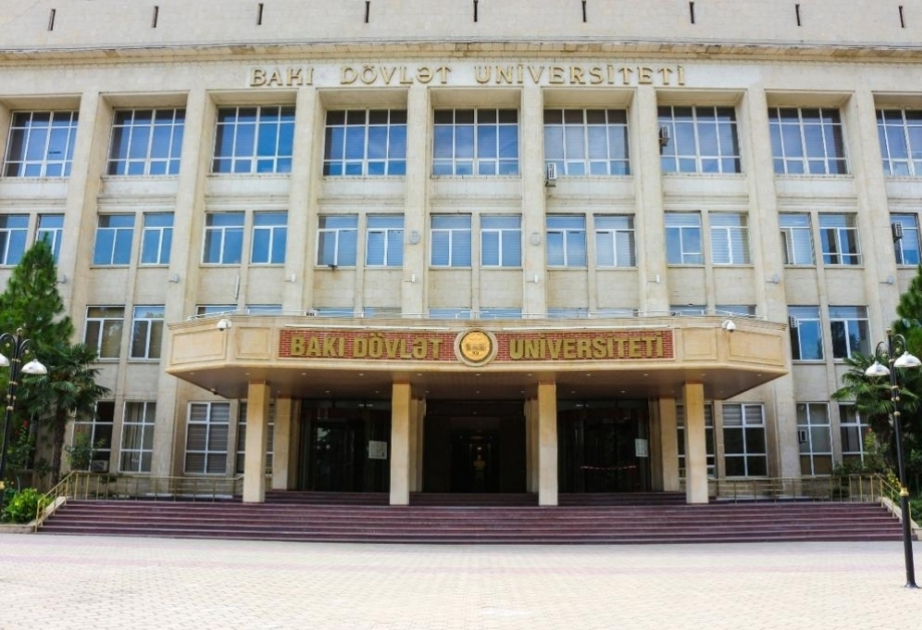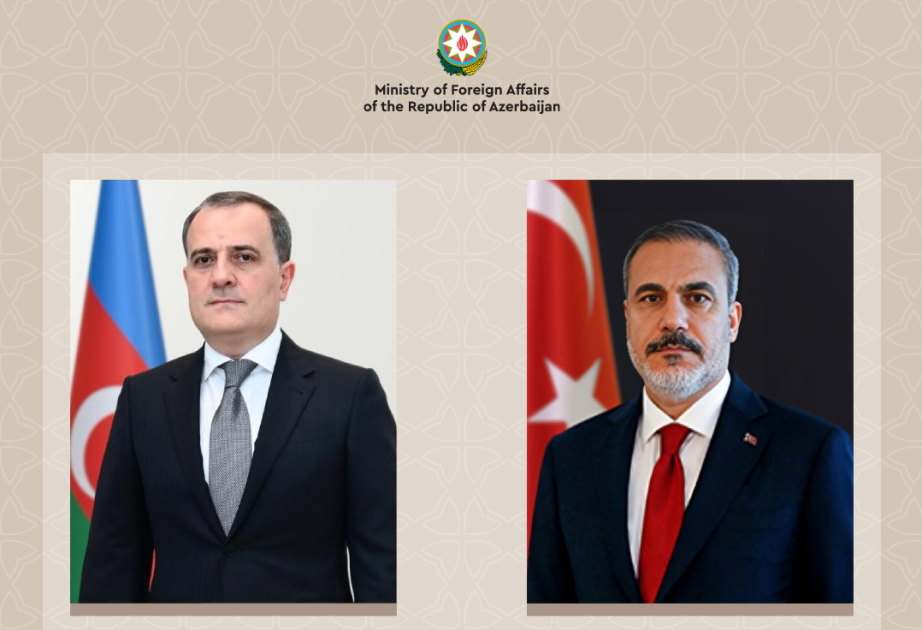Uzbekistan has become the first country in the world to receive a payment from the World Bank (WB) for cutting carbon emissions through a policy crediting program, supporting the national policy of lowering emissions in the energy sector, the WB’s press service reported, according to Gazeta.uz.
This became possible through the Innovative Carbon Resource Application for Energy Transition (iCRAFT) Project. The pioneering project was crafted to support Uzbekistan in implementing energy efficiency measures, phasing out energy subsidies, and transitioning to cleaner energy sources.
The World Bank’s Transformative Carbon Asset Facility (TCAF) rewarded Uzbekistan with a $7.5 million grant for successfully cutting 500,000 tons of carbon emissions under the iCRAFT Project. These emission reductions were independently verified, the WB stated.
The World Bank country manager for Uzbekistan Marco Mantovanelli congratulated the country on this significant achievement.
“This initiative is the world’s first to leverage climate finance in support of policy reform. The iCRAFT project aims to transition from individual transactions to program-level carbon trade interventions. We are eager to see how this pilot can set a precedent for reforms in other sectors in Uzbekistan and for other countries to follow its example,” the country manager shared.
The government of Uzbekistan has pledged to allocate a portion of the project funds to assist vulnerable households impacted by changes in energy tariffs. Additionally, these funds will support the country’s broader agenda for green transition and energy sector reform, yielding multiple benefits from the iCRAFT project.
The iCRAFT Project cooperates with Uzbekistan’s government in developing appropriate infrastructure, systems, processes, and standard documents, which will prepare the country to roll out similar initiatives in the future with the support of other development partners and private investors.
The project is helping set up a monitoring, reporting, and verification (MRV) system for the country’s commitments in line with Article 6 of the Paris Agreement.
The project benefits from ongoing support from the Agency for Strategic Reforms, the Ministry of Investment, Industry, and Trade, and the Agency for Hydrometeorological Services (Uzhydromet).
The above-mentioned payment is the first of several anticipated payments under the Emissions Reduction Payment Agreement (ERPA) concluded between the government of Uzbekistan and the World Bank as part of the iCRAFT Project. Under this agreement, Uzbekistan could receive up to $20 million in grants for verified emission reductions or carbon credits generated through its energy subsidy reforms.
Uzbekistan aims to reduce 60 million tons of CO2 through the project, with the iCRAFT set to purchase approximately 2.5 million tons of CO2. The country will have the opportunity to sell the remaining carbon credits on international carbon markets, using the systems and processes established by the iCRAFT Project.
Uzbekistan ratified the Paris Agreement on climate change in 2018, committing to reduce specific greenhouse gas emissions (carbon dioxide, methane, nitrous oxide) per unit of GDP by 10% from the base year 2010 level by 2030. In 2021, Uzbekistan increased its commitments under this agreement. The new goal is to reduce specific greenhouse gas emissions per unit of GDP by 35% of the 2010 level by 2030.


